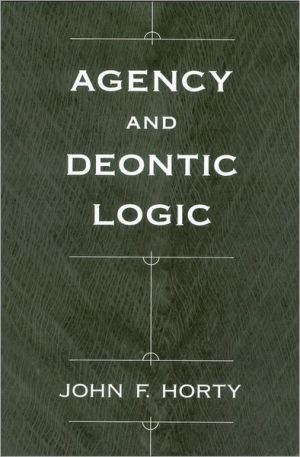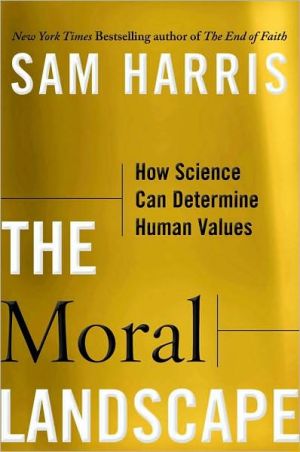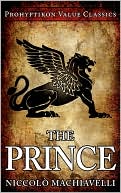Agency and Deontic Logic
John Horty effectively develops deontic logic (the logic of ethical concepts like obligation and permission) against the background of a formal theory of agency. He incorporates certain elements of decision theory to set out a new deontic account of what agents ought to do under various conditions over extended periods of time. Offering a conceptual rather than technical emphasis, Horty's framework allows a number of recent issues from moral theory to be set out clearly and discussed from a...
Search in google:
John Horty effectively develops deontic logic (the logic of ethical concepts like obligation and permission) against the background of a formal theory of agency. He incorporates certain elements of decision theory to set out a new deontic account of what agents ought to do under various conditions over extended periods of time. Offering a conceptual rather than technical emphasis, Horty's framework allows a number of recent issues from moral theory to be set out clearly and discussed from a uniform point of view.
1. Overview 2. Indeterminism and Agency 2.1. Branching time2.1.1. Frames and Models2.1.2. 2.1.2 Propositions2.2. Individual agency2.2.1. Agents and choices2.2.2. Stit operators2.2.3. Some logical considerations2.3. Individual ability2.3.1. Kenny's objections2.3.2. Brown's theory2.3.3. Refraining and ability2.4. Group agency and ability2.4.1. Group actions2.4.2. A group agency operator3. Ought to be 3.1. The standard theory3.2. A utilitarian theory3.2.1. General models3.2.2. Utilitarian models3.2.3. Logic of the utilitarian ought3.3. The Meinong/Chisholm analysis3.3.1. The analysis3.3.2. Some logical features3.4. Evaluating the analysis3.4.1. Agency in the complement3.4.2. The gambling problem4. Ought to do 4.1. Dominance4.1.1. Ordering the propositions4.1.2. A sure-thing argument4.1.3. Ordering the actions4.2. Dominance act utilitarianism4.2.1. Optimal actions4.2.2. The finite choice condition4.3. A new deontic operator4.3.1. The definition4.3.2. Deontic logic and act utilitarianism4.3.3. Logic of the dominance ought4.4. Independence4.4.1. Independence and conditionals4.4.2. Conditionals and sure-thing reasoning4.4.3. Refining the analysis5. Conditional oughts 5.1. Conditionally optimal actions5.2. A conditional operator5.2.1. The definition5.2.2. Some logical considerations5.3. Two patterns of argument5.3.1. The action argument5.3.2. The ought argument5.4. Orthodox act utilitarianism5.4.1. An example5.4.2. The definition5.4.3. An orthodox deontic operator6. Group oughts 6.1. Optimal group actions6.2. Individual and group act utilitarianism6.3. Deontic operators for group oughts6.3.1. Definitions6.3.2. Some logical points6.4. Rule utilitarianism6.4.1. Formulating the theory6.4.2. Act and rule utilitarianism7. Strategic oughts 7.1. Strategies7.1.1. Basic idea7.1.2. Limiting the range7.2. Strategies and choices7.2.1. Agency7.2.2. Ability7.3. Strategic dominance and optimality7.3.1. Dominance7.3.2. Optimality7.4. A strategic ought operator7.4.1. The definition7.4.2. Logical points7.4.3. Actualism and possibilism A. Proofs of validities and propositions A.1. Validities A.2. Propositions Bibliography Index
\ From the Publisher"This fine book is resource-rich and thought-provoking. I recommend it to all analytic philosophers interested in exploring the implications of a robust indeterminism for consequentialism. It is must reading for those who work on formal approaches to normative reasoning."--Mind\ "Agency and Deontic Logic represents a major advance in the field, developing fresh ideas for thinking about longstanding internal problems and making significant connections with external areas of research, most notably decision theory and utilitarian ethical theory. Although the book is technically sophisticated, the discussion is exceptionally clear and readable and benefits greatly from numerous examples and diagrams. Agency and Deontic Logic should interest an audience that includes logicians, computer scientists, and those working in decision theory, game theory, and ethics, as well as applications of these disciplines.--Notre Dame Philosophical Reviews\ \ \








